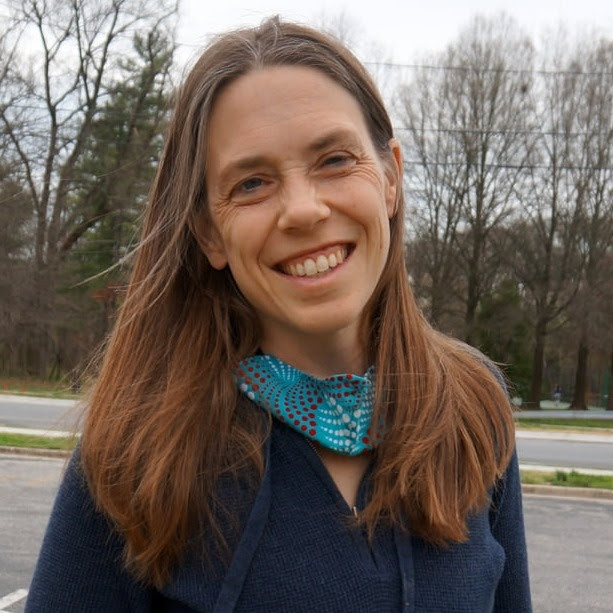Kristy Maddux

Professor, Communication
Affiliate, The Harriet Tubman Department of Women, Gender, and Sexuality Studies
Executive Director, Honors College
(301) 405-6533klmaddux@umd.edu
Anne Arundel 1114
Get Directions
Education
Ph.D., , University of Georgia
Research Expertise
Gender
Public Address
Rhetoric
Kristy Maddux is Professor of Communication and Executive Director of the Honors College at UMD. Her research and teaching are in the area of Rhetoric and Political Culture, focusing on rhetorical practices of democratic citizenship, especially how they are inflected by gender, (dis)ability, religion, race, and other identity markers. She is invested in thinking about how ordinary citizens fuel democracy through habits such as deliberation, public advocacy, protest, listening, empathy, stranger sociability, and more, as well as the structures that encourage and inhibit those habits.
One set of recent and current projects investigates how the built environment facilitates such democratic habits of citizenship—how our streets, sidewalks, benches, lighting, parks, and more shape how citizens are able to interact with each other to do the work that democracy requires. Her research examines this question in specific contexts, including the corpus of work by landscape architect Frederick Law Olmsted, the 1893 World’s Columbian Exposition fairgrounds in Chicago, and the 1960s freeway revolt in Washington, D.C.
Maddux is also working on a book manuscript, Holding our Breath: Rett Syndrome and the Search for What Makes us Human, that tells a multi-layered story about the people who have lived with this rare genetic disorder and the scientists, fundraisers, and advocates who have been working to treat and cure it for the last forty years. Putting these stories in conversation forces us to grapple with some of our most complicated questions about disability justice, bioethics, and what makes us human.
Her first book, The Faithful Citizen, examined intersections between religious media and U.S. politics, and her second book, Practicing Citizenship, re-theorized feminist practices of citizenship through the case of women’s public discourse at the 1893 World’s Columbian Exposition. Her work has been published in a number of journals including the Quarterly Journal of Speech, Rhetoric & Public Affairs, Philosophy & Rhetoric, Critical Studies in Media Communication, Rhetoric Society Quarterly, Feminist Media Studies, and the Journal for the History of Rhetoric.
She continues to teach and advise on all of these topics: feminist rhetorical history, deliberative theory, social movements, religious rhetoric, and contemporary media. As Executive Director of the Honors College, she oversees eight living-learning programs enrolling approximately 2000 students, along with departmental and college honors programs across campus.

